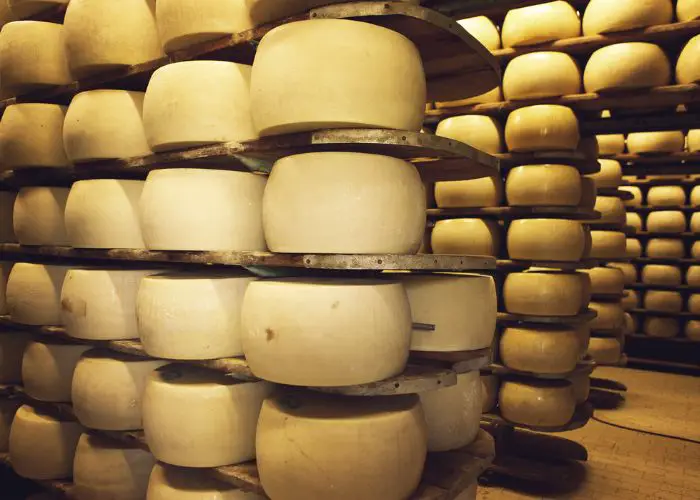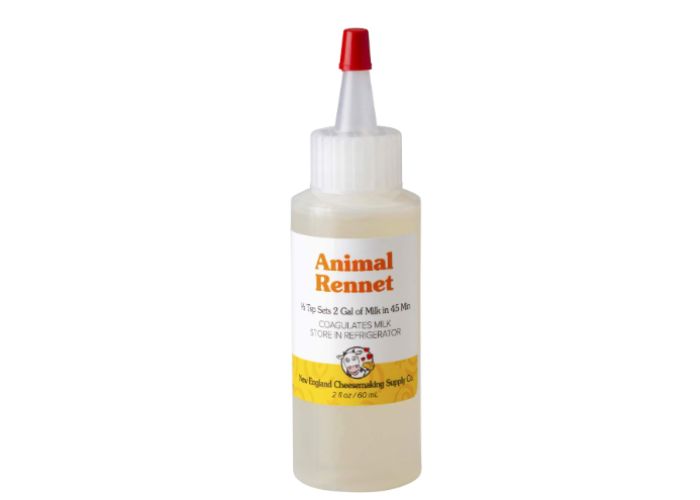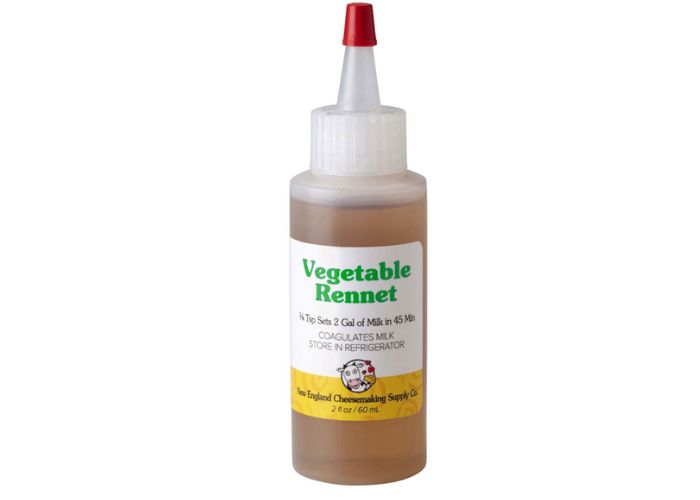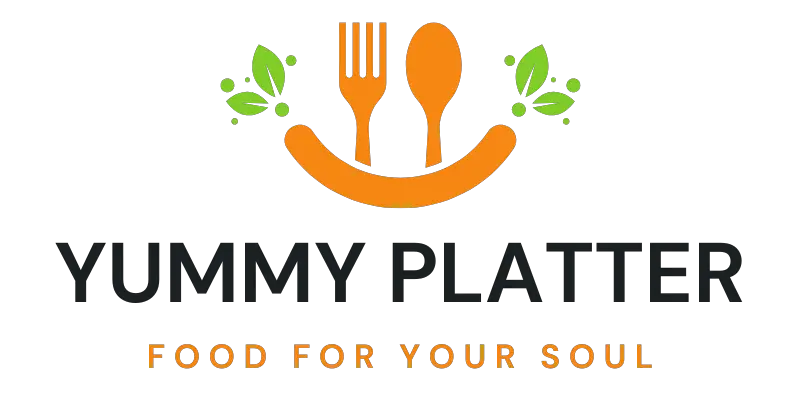Examining the halal status of parmesan cheese is crucial for Muslims who adhere to strict dietary regulations. Parmesan cheese is a common component in many recipes because of its sharp flavor and firm texture. But because animal rennet—an enzyme taken from the intestines of young animals is used in its manufacturing, its halal status is called into question. For food to be deemed halal, it must contain all allowed (halal) ingredients, including the source of rennet, according to Islamic dietary law. The purpose of this article is to discuss the intricacies involved in the creation of parmesan cheese, the issues surrounding its ingredients, and how these aspects impact the cheese’s halal status.
What is parmesan cheese?

Parmesan cheese is a hard, aged cheese that comes from Italy. It is famous for its strong flavor and is often used grated over pasta dishes, soups, and salads. To make parmesan cheese, cow’s milk is used, and the cheese is left to age for a long time, sometimes for many years. This aging process makes the cheese taste very sharp and gives it a crumbly texture that is easy to grate. Parmesan cheese is a key ingredient in many Italian recipes and is loved by people around the world for adding a rich, salty flavor to their food.
What ingredients are used? And how actually they are made
It comes from the Reggio Emilia region of Italy and was first made by Benedictine monks more than a thousand years ago. The strong, salty flavor and texture of the hard cheese are highly praised. Traditionally, it is created from curdled cow’s milk, which is achieved with the use of an enzyme called rennet. Whey is separated from the curd in this procedure, and the curd is then shaped into big wheels and matured for a long time to produce a hard cheese. Strict rules are followed during the production process to ensure the authenticity and quality of parmesan cheese. This cheese can only be made in a few designated regions of Italy using traditional methods that have been handed down through the ages.
Authentic Parmesan cheese, also known as Parmigiano-Reggiano, is made using a traditional recipe and strict guidelines. The ingredients are quite simple: Cow’s Milk: Parmesan cheese is made from cow’s milk. The milk comes from cows that are primarily fed on grass and hay. Salt: Salt is added to the milk during the cheese-making process for flavor and as a preservative. Rennet: Rennet is an enzyme used to curdle the milk and separate the curds from the whey in cheese-making. Starter Culture: Starter cultures are added to the milk to kick-start the fermentation process. This helps to acidify the milk and develop flavor during aging.
The rigorous process of making parmesan cheese entails filling copper drums with milk straight from nearby, wholesome farms. For every Parmigiano Reggiano wheel, 550 liters of milk are needed. After adding rennet and whey, the milk coagulates organically and gradually. The “spino,” a specialized tool, is used to split the curd into little grains. After 50 minutes at 55 degrees Celsius, the cheese granules settle to the bottom of the drum and combine into a single mass.The animal was handled and killed. The cheese is then given its final shape, seasoned, and allowed to rest. Twelve months is the minimum maturation period; it may take up to forty months or longer. During that time, a number of quality inspections are conducted. Since there doesn’t appear to be a different method, the procedures used to make parmesan cheese are halal! The source of the rennet utilized in the argument over whether parmesan is halal or not depends only on how the animal was handled and killed.
Also Read: Is Octopus Halal? Understanding Islamic Dietary Laws
Rennet- Lets introduce it
Rennet helps coagulate milk and turn it into curds, which makes it an essential ingredient in the cheese-making process. These microbiological enzymes are commonly isolated from the stomach lining of young animals, such as calves, and are essential to the production of many hard cheeses, such as cheddar and parmesan. The primary enzyme in rennet is called chymosin, which is responsible for clotting the milk proteins (casein) and forming a gel-like structure, essential for the formation of cheese curds. This process is crucial in cheese-making because it helps to separate the solid components of milk from the liquid, leading to the creation of cheese.
So is Rennet halal? Or haram?

There are two types of source of rennet to consider. Animal-Sourced Rennet: Because it comes from young animals’ stomachs, this kind of rennet may cause Muslim customers to have second thoughts. Some academics contend that it is forbidden (haram) to consume any product made from animals that are not killed in accordance with Islamic law. However, views differ, with some holding that it is permitted under the concept of permissibility for non-toxic and non-harmful animal food items.

Microbial or Plant-Based Rennet: Some cheese manufacturers use microbial or plant-based rennet instead of animal ingredients throughout the manufacturing process. Many Islamic experts regard this kind of rennet to be halal. One kind of mold is used to make vegetable rennet (Mucur Miehei). But even though it comes from mold, the finished product doesn’t include any mold.
It is noteworthy that the type of rennet used may not always be specified on the label of cheese products. Because of this, it might be difficult for customers to ascertain whether a particular kind of cheese including Parmesan cheese is halal or not.
Can you make parmesan cheese without Rennet?
It may be difficult to find rennet-free Parmesan cheese. Foods having a thick, creamy texture are often made with rennet, a chemical that can be generated by both plants and animals. It is permissible to consume rennet if it was derived from an animal that was slaughtered in conformity with Islamic Shari’ah law and used to manufacture Parmesan cheese.
The crafty cheese makers figured out a way to swap out animal rennet for more modern alternatives like plant-based and microbial rennet. Because it is formed of beneficial bacteria, mold, and fungi, this rennet is more environmentally friendly and modern. Here’s a very creative way to ensure that Parmesan cheese is Halal: you can make vegetarian and halal rennet from artichoke, cardoon thistle, and fig leaves.
Is Parmesan cheese halal then?
Certain foods are clearly marked as haram (forbidden) in Islam. Examples of such foods include carrion, alcohol (which can be used to make vanilla extract), and pig. But when it comes to goods like parmesan cheese that have unclear halal status elements like rennet derived from animals, the situation becomes more complicated and depends more on how one interprets the ingredients if it is not clearly mentioned.
If you strictly adhere to halal dietary regulations, you can choose cheese types that explicitly indicate that they include either plant-based or microbiological rennet. If this is stated on your Parmigiano Reggiano or parmesan cheese, then it is indeed halal and safe to eat.
FAQs
Can I find halal-certified parmesan cheese?
Yes, you can find halal-certified parmesan cheese in the market. These products are made with rennet that complies with halal dietary laws and are certified by a reputable halal certification authority, ensuring they meet Islamic dietary guidelines.
How can I verify if parmesan cheese is halal?
To verify if parmesan cheese is halal, you should look for a halal certification label on the packaging. This certification ensures that the cheese has been produced according to Islamic dietary laws. You can also contact the manufacturer directly to inquire about the ingredients and production process, specifically the source of the rennet and any other additives used.
Is the rennet used in parmesan cheese always non-halal?
Not always. While traditional parmesan cheese often uses animal rennet, which can be a concern for halal diets, there are versions of parmesan cheese that use microbial or vegetable rennet instead. These alternatives do not have the same dietary restrictions and can be considered halal if the rest of the production process meets halal standards.
Are there any alternatives to traditional parmesan cheese that are halal?
Yes, there are halal alternatives to traditional parmesan cheese available in the market. These alternatives include parmesan-style cheeses made with halal-certified microbial or vegetable rennet. Additionally, some manufacturers produce parmesan cheese specifically designed to be halal, using ingredients and production methods that comply with Islamic dietary laws. These options allow consumers following a halal diet to enjoy a similar flavor and texture to traditional parmesan cheese.
Conclusion
While some argue that eating parmesan cheese is forbidden due to its animal rennet content, others believe it might be OK if the animal rennet comes from halal sources. In the end, a person’s decision to consume or not consume Parmesan cheese should be based on their understanding of the dietary requirements of Islam as well as their personal beliefs and values. It is important to remember that there are a number of cheese varieties that are deemed halal despite not being made using animal rennet. Check whether the rennet is plant based or not. If it is plant based, then you can consume it without any fear. There are Halal certified Parmesan Cheese available in the UK.
